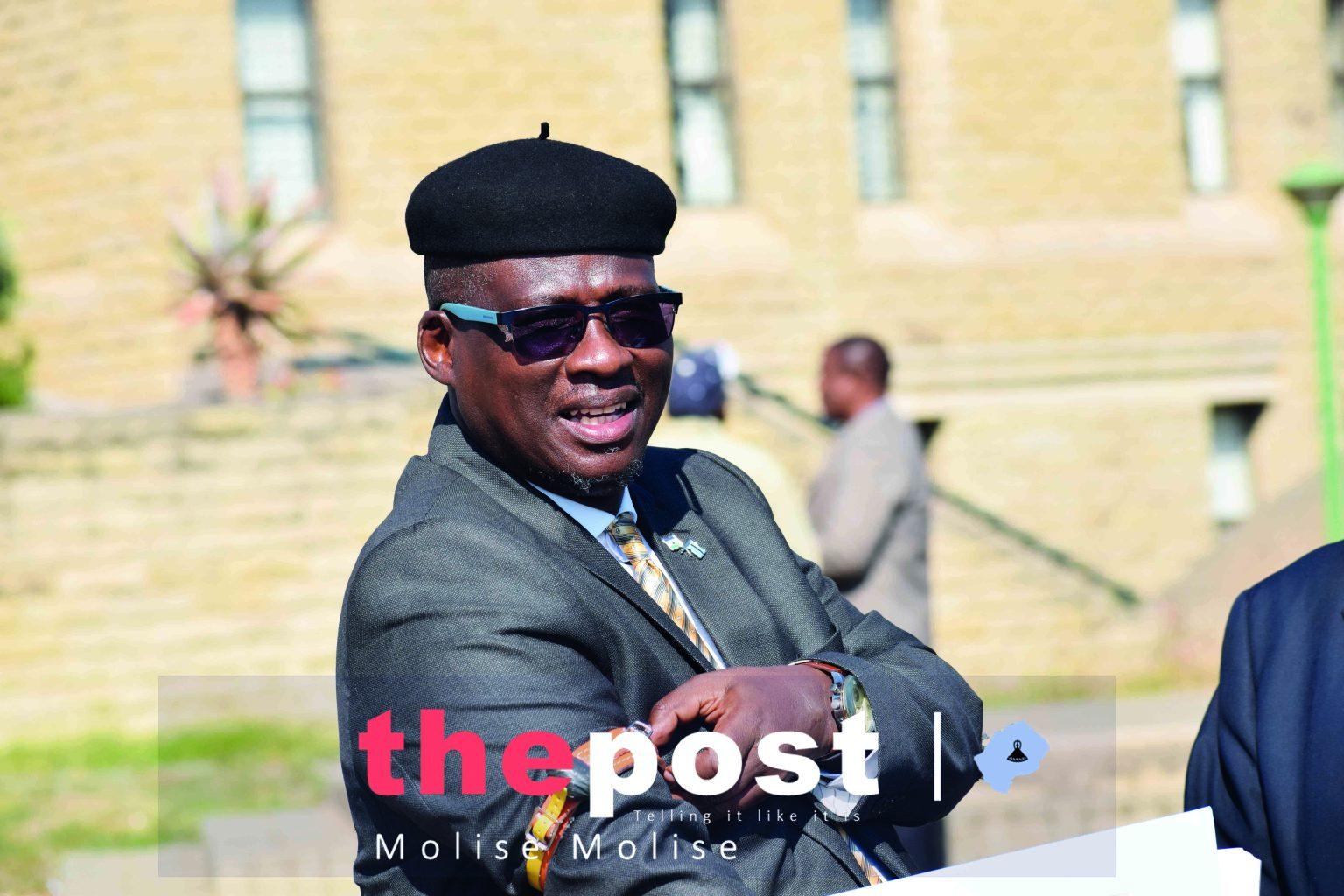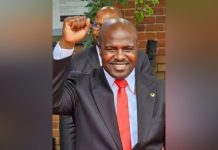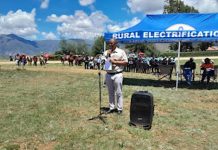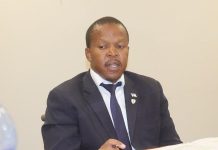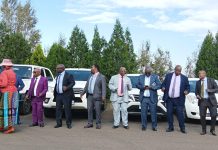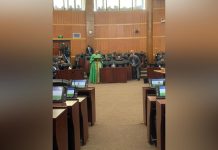Africa-Press – Lesotho. A parliamentary committee has recommended the Ministry of Communications should facilitate short training courses for media practitioners in the country.
Presenting its recommendations to parliament on Tuesday, the portfolio committee on the Prime Minister’s Ministries brushed aside radio stations’ objection to the passing of the Broadcasting Code 2022. Communications Minister Sam Rapapa is now expected to gazette and publish the Code.
The Broadcasting Code 2022 seeks to regulate the broadcasting sector by requiring to acquire tertiary training in journalism or media and should have basic training in the field, It seeks to provide fairness, accuracy and impartiality of broadcasting.
The code also seeks to simplify identification of criminals who use mobile numbers to commit crimes and harass other users of mobile services. It seeks to also contribute towards the improvement of national security, free flow of information and freedom of expression.
However, the committee said Rapapa should consult all stakeholders when he takes any actions in relation to the code. The committee made the recommendation despite the resistance of some radio stations that claimed the code would discriminate against certain media houses.
The Broadcasting Code 2022 requires all radio station presenters to acquire tertiary training in journalism or media. A coalition of radio stations told the committee last week that the code would be unfair to them.
Amongst the other things, they complained that Lesotho does not have a media school therefore the code would be hard to implement. They stated that the code would severely undermine their economic and professional development.
The committee stated that the code seeks to regulate broadcasting and media houses in terms of administration and licensing requirements. The committee agreed with the stakeholders’ position that Section 5 (1), (2), and (3) of the Broadcasting Code 2022 should be reviewed.
This section requires that a broadcaster, when applying for a licence, should submit an organisational structure of the radio station and profiles of workers with their academic qualifications and their level of broadcasting experience.
The broadcaster should also submit its workers’ capacity building programme. It says the broadcaster should recruit and retain presenters who have certification confirming journalistic training of no less than six months of continuous training from a registered and recognised institution.
It says the broadcaster should hire editorial staff with certification confirming journalistic training of no less than two years from a registered and recognised institution. The broadcasters should have complied with these requirements within two years of the issuing out of the code.
Addressing parliament on Tuesday, the committee chairman Letšaba Hlalele said “following a comprehensive ministerial briefing and stakeholders’ views, the Committee observed that the Code speaks to the general broadcasting standards”.
“The Ministry of Communications, Science and Technology should consult all relevant stakeholders,” Hlalele said. He said the minister should review Section 5 in consultation with the stakeholders. The committee, which is made up of 21 members, further submitted the report and its recommendations for adoption by the house.

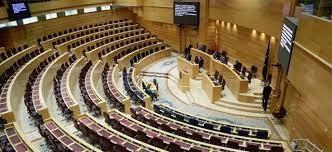
For More News And Analysis About Lesotho Follow Africa-Press

